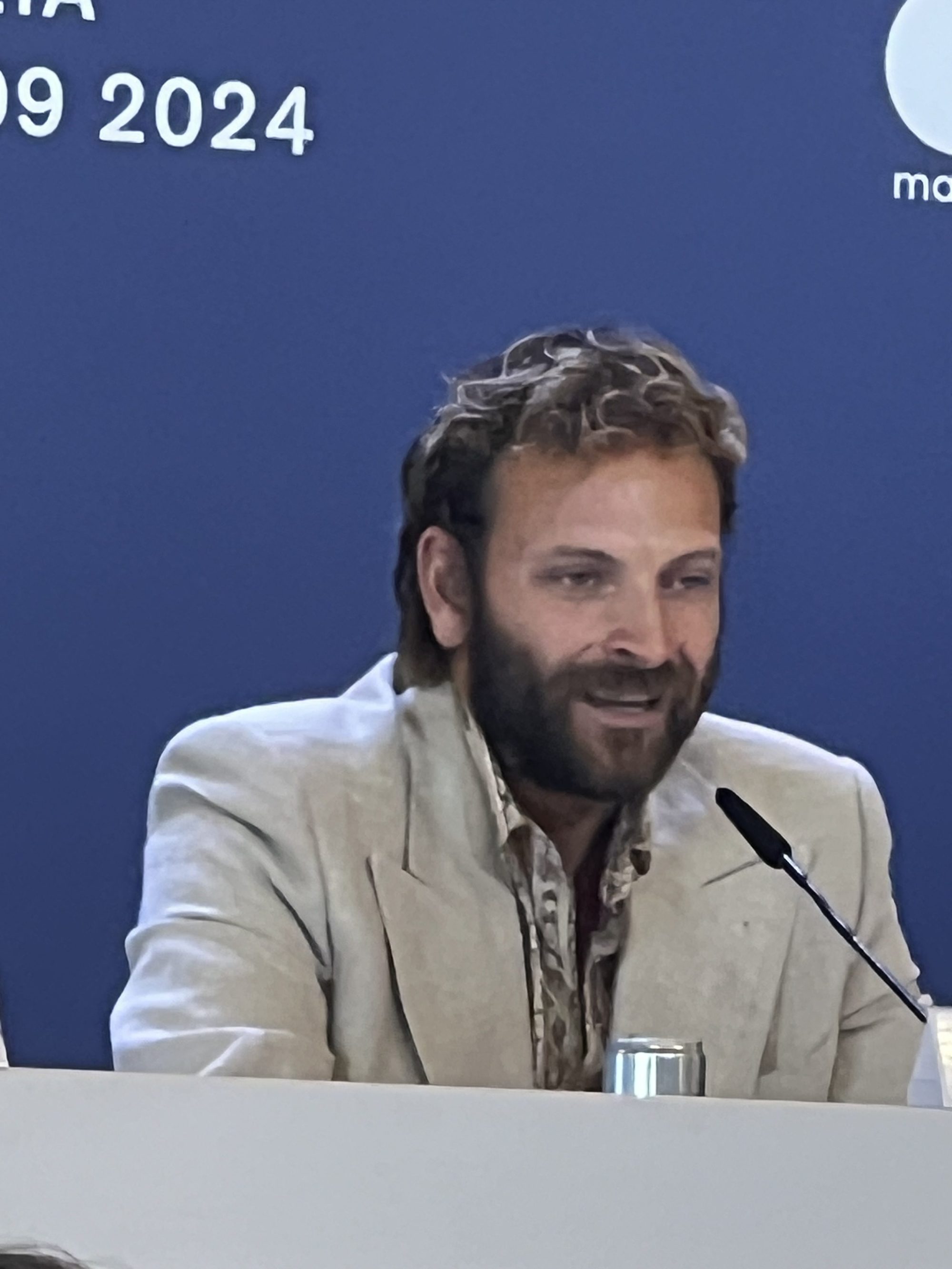
Director Gianni Amelio says ‘Battlefield’ Should Be Seen in a Cinema, not on TV
A film about war and the pandemic is as contemporary as it can get. Yet “Battlefield” by Gianni Amelio is a film about World War I, about the horrors of a conflict that caused millions of deaths, and about the Spanish Flu, the plague that incredibly claimed as many victims as the war.
The film — presented in competition at the 81st Venice Film Festival — is freely adapted from La sfida by Carlo Patriarca, a book halfway between an essay and a novel, which Amelio found by chance at a second-hand bookstall. It tells the story of two medical officers, childhood friends who work in the same military hospital, where the most seriously wounded arrive from the front every day.
One of them, Stefano, played by Gabriel Montesi, is uncompromising and patriotic; he believes that as soon as they are able to stand, even with mutilations and wounds, soldiers should return to the front. The other, Giulio, played by Alessandro Borghi, has doubts; he wonders if a life as an amputee is better than no life at all, death in the slaughterhouse of the trenches. In his own way, he tries to intervene.
“I am deeply against war, and yet I don’t know if I would behave like my character in the film,” commented Borghi in a press conference. “The film is important precisely because of this, because it confronts you with dilemmas of conscience and morality, forcing you to ask yourself questions.”
But the greatest satisfaction for Borghi was working with Amelio: “I’ve never met anyone like him; he was the fuel for the film’s creative process. “Before shooting, I would go to his kitchen at his house to talk about the characters, and Gianni would ask me what I thought about this or that. It’s his way of making you responsible. So, you prepare the role a lot beforehand, but then every day, he comes in and changes the lines or the action. And it’s a great way to constantly challenge yourself.
“It was such a lively process that it made me rediscover the beauty of cinema, which nowadays is too much about numbers, platforms, and things like that.”
“I have this visceral way of working,” says Amelio. “The screenwriter and I get to work and write six or seven versions of the script, but then the film will be something else. And the actors know this, and in the morning, while in makeup, they wait for the slip of paper with the changes. If this didn’t happen, they would think I was unwell. It happened once with Trintignant: one day, he didn’t find the slip of paper and came to ask me what happened, and I replied, ‘Today, I have no ideas!’ He told me, ‘But you have to direct me; you have to do your job as a director!'”
“This is a war film without war images,” he adds. “Today, those images seem unreal to us; we see them too often on television. Images of death are consumed in situations that, fortunately, are not those of the movie theater, which for me is a temple of pleasure; you should enter it barefoot, without a hat, ready to receive emotions.
“At home, instead, you dine, talk, live your everyday life, and in all this, the images of war come in: this causes a terrible desensitization that does not allow us to think. This is a film that should not be watched on television but in a cinema; it is not a war film but a film about war, and this increases its emotional power.”

